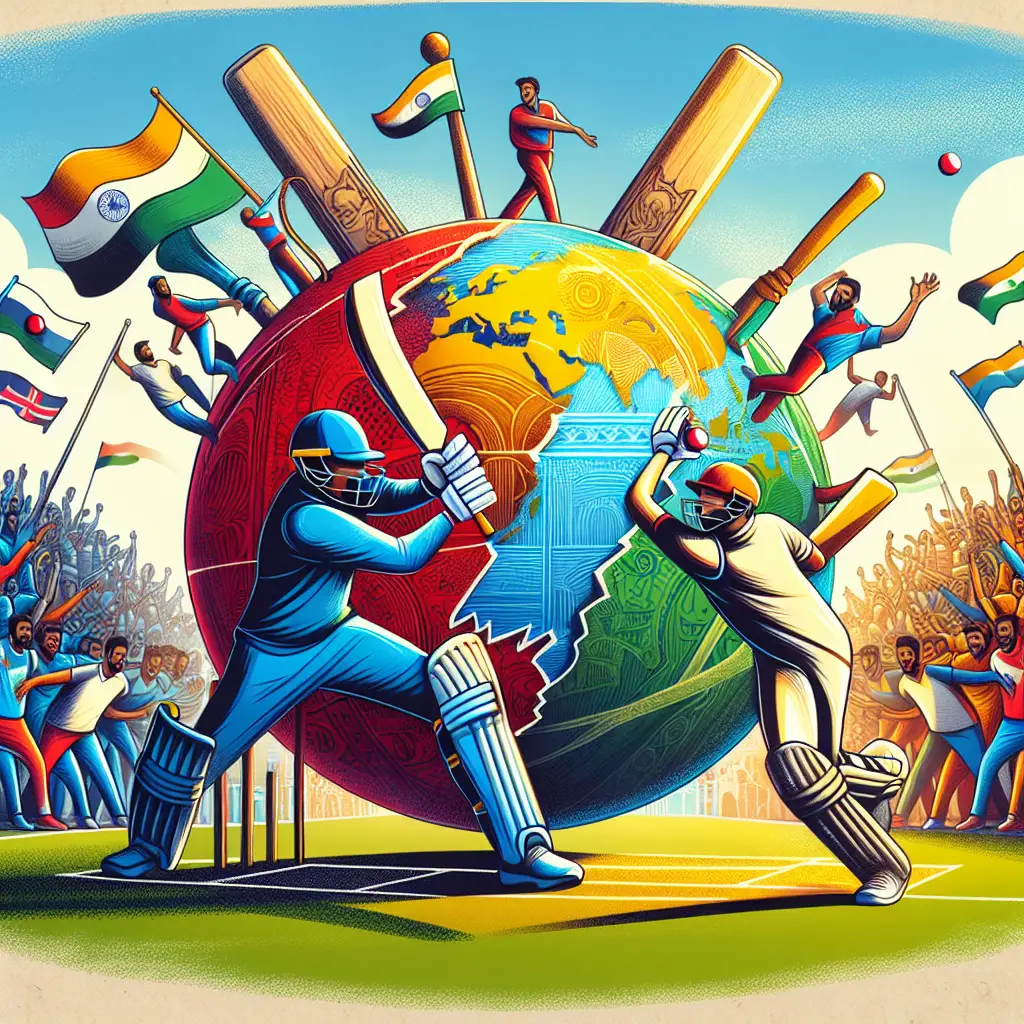Cricket and Its Relationship with National Identity
Historical Background
Cricket originated in England during the 16th century, evolving from a children’s game into a nationally cherished sport by the 19th century. The establishment of the first cricket club, the Hambledon Club, in the 1760s marked a key point in the sport’s development. The formation of the International Cricket Council (ICC) in 1909 established cricket as a global sport. As the British Empire expanded, so did cricket, reaching colonies such as India, Australia, South Africa, and the Caribbean. In these regions, cricket transcended sport, becoming intertwined with local cultures and national identities.
Cricket in India: A Symbol of National Pride
Cricket in India serves as a unifying force within a diverse population. Following independence in 1947, the sport grew in popularity and was seen as a symbol of national pride. The 1983 Cricket World Cup victory transformed public perception, showcasing the capabilities of a free and independent nation.
The Indian Premier League (IPL) has further elevated the status of the sport, bringing international talents together and contributing to an economic boost for the country. The 2020 IPL season also illustrated how cricket could provide a sense of normalcy during the COVID-19 pandemic, reinforcing its role as a cultural cornerstone.
Cricket in Australia: An Expression of National Character
In Australia, cricket reflects the nation’s identity, embodying values such as resilience, competitiveness, and sportsmanship. The Ashes, a Test cricket series between Australia and England, is not merely a contest but a matter of national pride. The legendary cricketer Donald Bradman is revered as a national icon, exemplifying the Australian spirit of achievement.
During periods of hardship, such as the Great Depression and World War II, cricket united Australians, reinforcing a collective national identity. The evolution of the game into formats like T20 symbolizes adaptability—an essential trait of the Australian character.
Cricket in England: Tradition and Modern Challenges
In England, cricket maintains a rich tradition intertwined with national identity, epitomizing values such as gentlemanly conduct and endurance. The game’s historic venues, like Lord’s and The Oval, are iconic landmarks that illustrate cricket’s deep roots in English culture. However, as society evolves, so too does the game.
The rise of shorter formats like T20 and One-Day Internationals (ODIs) has shifted the focus from traditional Test cricket. This evolution poses challenges to preserving the sport’s heritage. There are ongoing discussions about inclusivity, particularly regarding the representation of women and minorities—a vital aspect of contemporary national identity narratives.
The West Indies: A Fusion of Cultures
In the Caribbean, cricket transcends race and class, making it a powerful tool for unity. Historically, cricket in the West Indies served as a platform for decolonization and was seen as a means of expressing identity against colonial oppression. The legendary “Windies” team of the 1970s and 1980s is a source of pride and a symbol of Caribbean excellence.
Cricket in the West Indies showcases the region’s vibrant culture, with fierce rivalries and celebrations that include music and dance. The ongoing struggles for governance, finance, and national representation can create a sense of division; however, cricket remains a shared passion that…
Share this content:

